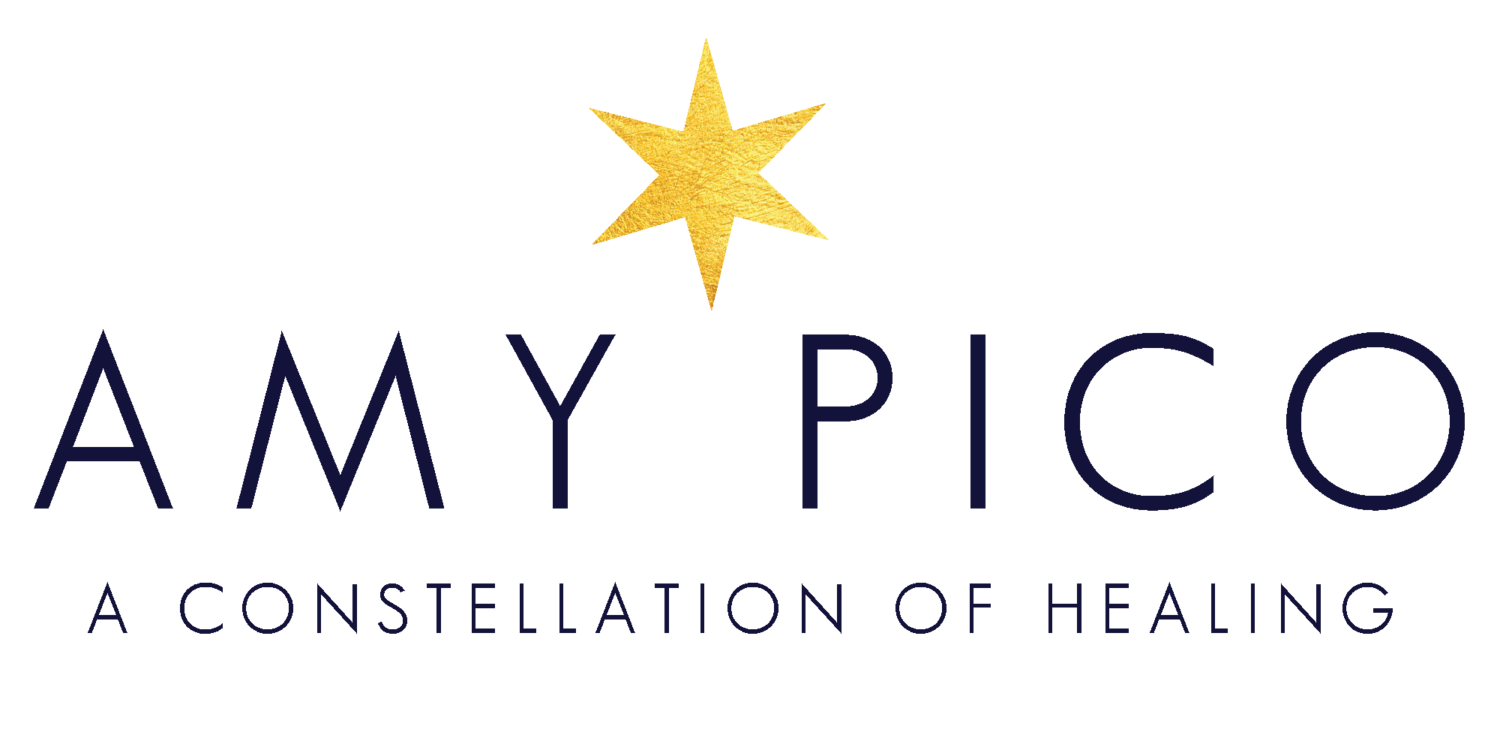This post is an older one that talks about how our parts can lead to self-sabotage. If you read my post a few weeks ago about Inner conversations, this post speaks to what can happen when we experience a part of ourselves who isn’t as commited to our healing as we are.
***********************************************************************************
Simply speaking, our behaviors are motivated by emotion, even if they don’t seem that way. We take action in order to try and get our needs met. When we can’t achieve this in a positive way, we may consciously or unconsciously resort to inferior methods.
Think about a kid who is craving attention. First they’ll start off all cute and charming, but if that doesn’t work they’ll likely resort to bad behavior. Sure, getting yelled at as a result doesn’t sound great, but it does meet their original need, however flawed.
Instead of wondering “why” we do something, instead we can try and look at what we’re getting out of it. That’s what “secondary gain” is all about. This explains why we do things that don’t seemingly make sense, and may in fact violate what we think we want! We’re getting some benefit from NOT solving our problem. It may end up looking like we’re not committed, “faking it,” or manipulative, but that’s likely not the whole story.
For example, perhaps I have trouble sticking to my workout routine. In theory I want to work out because I want a healthy lifestyle. I want a healthy lifestyle because I want to feel good in my body. But knowing that working out can ultimately help me feel good doesn’t mean I always do it.
Let’s unpack that a little - what could I (or anyone) be getting out of not working out? Maybe it feels indulgent to go home, sit on the sofa, and order takeout - so in a totally different way I do feel comfortable, and like I’m taking care of myself. Maybe when I skip the gym and go straight home my husband and kid are really excited I’m home early, and give me lots of extra love and attention. Makes me feel pretty good, albeit in a different way. Thus, there are benefits from NOT reaching my goal, or overcoming my original problem. Some emotional energy keeps me from making changes, and my “bad behavior” gets reinforced.
Now that we know about this phenomenon, how do we address it? If most of our secondary gains for not losing weight, eating healthy or reaching our goals are unconscious, what do we do?
Most of the time we need identifying our secondary gains. After a decade as a mental health therapist I started looking at them in a new way when I trained in hypnosis. From my experience working with clients I noticed two trends. One group of clients was fully ready to commit to a recovery program, and took the steps to actively engage in their own healing, no matter how difficult. The other was equally committed at the outset, but would have other issues occur over the course of our treatment that would prevent them from moving forward. They’d get sick, identify some reason they couldn’t keep coming, or simply stall out.
At the time I wrongly assumed that many of these clients simply didn’t want to get well. I figured if they wanted it badly enough then they’d figure out a way to make it work. I no longer think this. The vast majority of my clients want to get well. Now I understand that in order to help them we need to look at any deep-seated secondary gains that are going to prevent them from pursuing their healing.
Now that’s where I start with my clients. It is not uncommon to come upon some internal resistance or discomfort when trying something new. But now, instead of telling them to “hang in there,” we start to identify their resistance. Typically that looks like a lot of critical or negative internal feedback, hearing messages like, “you’re weak,” “you don’t deserve it,” or “you’re a failure.” Those voices are often pathways to unprocessed trauma or internalized criticism. Once we’ve found that data we can acknowledge and process it, and support the client in moving on.
While we have the best of intentions when we’re working on our health and wellness we tend to get stuck. If we’re willing to accept that there might be more than meets the eye then we can identify the additional factors at play, dig deeper, and move forward. For many of us, addressing secondary gains is a great place to start.
Does this sound like you? Would you like more support in knowing how to work with the parts of you who are self-sabotaging your best efforts? Sign up for my meditations, or you can apply to work with me here.
